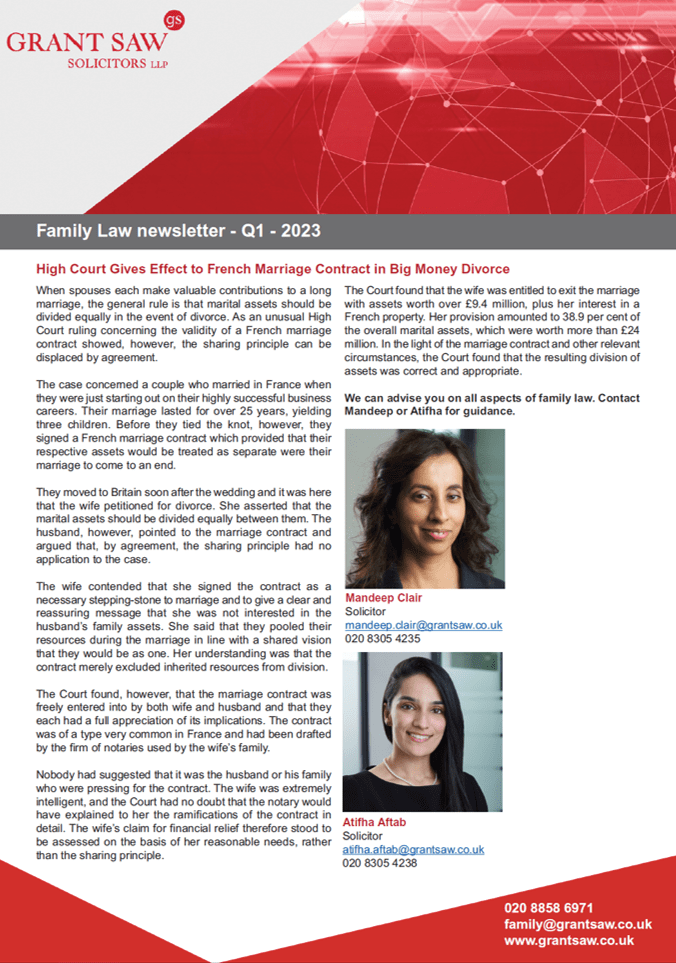What is Defamation?
You may well be able to take legal action against an individual or a business that has made a defamatory statement about you. A defamatory statement is one which would lower you in the estimation of an ordinary, reasonable member of society. When that statement is written down or recorded it is called libel and when it is spoken it is slander.
Since the introduction of the Defamation Act 2013 there has been an additional requirement that the statement has caused or is likely to cause serious harm to your reputation. The Courts have been deliberating on what constitutes ‘serious harm’ for the purposes of the Act but appear to have taken a common sense approach; the gravity of the allegation and the extent of the publication will act as signposts to the seriousness of any damage. For example, an accusation made to one person that you don’t tuck your shirt in will, almost always, cause less harm to your reputation than an allegation made in a national newspaper that you are a terrorist.
What defences are available?
If you have a viable claim in defamation the publisher may, nevertheless, be able to mount a defence. Most obviously, if what they have said about you is true, no matter how damaging to your reputation, they would be able to defend your claim.
Also, people can say what they like about you to the police or in court and are protected from a defamation claim by a defence known as Absolute Privilege. If they are lying then wasting police time is a criminal offence and they risk prosecution for perjury or contempt.
Where the person making the statement has an interest in making it or a duty to make it and the person informed of the allegation has a corresponding interest or duty in receiving that information, they may be able to rely on a similar defence known as Qualified Privilege. For example, this defence might be available in the workplace to someone who made a defamatory complaint about you to your employer or, perhaps, a professional body.
Such complaints often attract the protection of Qualified Privilege and it will defeat a defamation claim unless you can demonstrate that the person was acting maliciously.
The Defamation Act 2013 also contains defences of Honest Opinion and Publication on a Matter of Public Interest. Where a publisher was expressing an opinion, indicates the basis for that opinion and can demonstrate that their opinion could be held by an honest person on the basis of either a fact that existed at the time of the publication or a purported fact in a privileged statement published before the publication, then they will be able to rely on an Honest Opinion defence.
In establishing whether a publisher can rely on the Publication on a Matter of Public Interest defence, the Courts will look at all of the circumstances of the case and decide whether the offending statement was on a matter of public interest and whether the person making it reasonably believed that making the statement was in the public interest.
How much will it cost?
Any kind of litigation can be expensive but we will conduct a cost/benefit analysis of the situation with you at the outset and provide ongoing costs estimates and updates as the matter progresses. At Grant Saw we have all the benefits of being based in London but our fees are competitive compared to city centre firms.
Everyone’s situation is different, however it would generally be possible to take instructions, advise and draft an initial letter of claim for around £1,500-£2,500 plus VAT.
If you would like to meet and discuss your options we can offer an initial one hour meeting at a set fee of £330 plus VAT. Lastly we are happy to consider acting for you on a no-win-no-fee basis in circumstances where we think your claim has a good prospect of success and the potential defendant has the means to satisfy a judgment for damages and a costs award.
Meet the Media, libel and privacy team















































